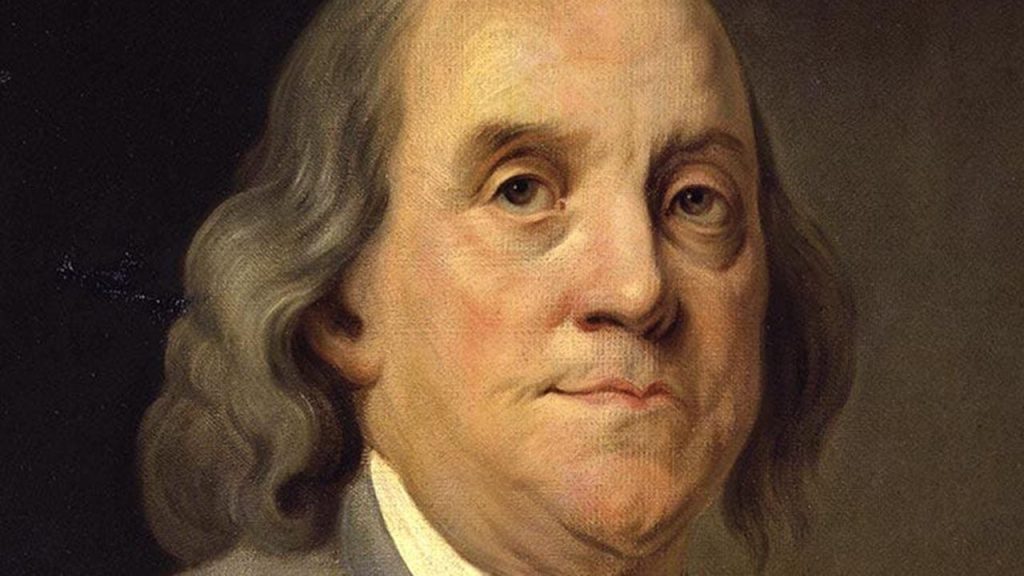On June 10, 1752, Benjamin Franklin flew a kite during a thunderstorm in Philadelphia with the goal of collecting ambient electrical charge in a Leyden jar, potentially demonstrating the connection between lightning and electricity. Franklin had shown an interest in electricity in the mid-1740s and conducted experiments over almost a decade. He coined terms still used today in the field, such as battery, conductor, and electrician, and he is known for other inventions like the lightning rod.
Despite the common misconception that Franklin discovered electricity during this experiment, he did not. Electricity had been recognized for centuries, and scientists had worked extensively with static electricity before Franklin. His experiment did, however, demonstrate the connection between lightning and electricity. Franklin received the prestigious Copley Medal from the Royal Society in 1753 in recognition of his experiments and observations on electricity. During his time, electricity was understood as the interaction between two different fluids, later referred to as ‘plus’ and ‘minus’ by Franklin.
After the kite experiment, Franklin continued his work with electricity and perfected his lightning rod invention. He received the Copley Medal for his experiments and observations in electricity in 1753. Franklin’s early life began on January 17, 1706, in Boston, Massachusetts, where he was born to candle and soap makers. His education stopped around age 10, and he began working as an apprentice to his brother, James, a printer. Franklin moved to Philadelphia in 1723 after a dispute with his brother, where he achieved business success as a printer, publishing the Pennsylvania Gazette and Poor Richard’s Almanac.
Benjamin Franklin lived in London at 36 Craven Street for nearly 16 years between 1757 and 1775, where he made significant contributions not just as a diplomat but also as a scientist and philosopher. He first visited London as a teenage printer in the mid-1720s and returned in 1757 as the most famous American in the world. Franklin’s time in London was more than just politics, as he was a renowned scientist in the Atlantic World, a Fellow of the Royal Society, and friends with leading intellectuals of the day. In addition to scientific achievements, Franklin’s role as a statesman extended for four decades, serving in various legislative and diplomatic roles.
Beyond scientific achievements, Franklin’s impact as a statesman was profound, extending for four decades. He served as a legislator in Pennsylvania and a diplomat in England and France, and he is the only politician to have signed all four foundational documents of the United States: the Declaration of Independence, the Treaty of Alliance with France, the Treaty of Paris, and the U.S. Constitution. Franklin passed away at the age of 84 on April 17, 1790, in Philadelphia. His legacy lives on in his contributions to science, politics, and diplomacy, leaving a lasting impact on American history and society.


